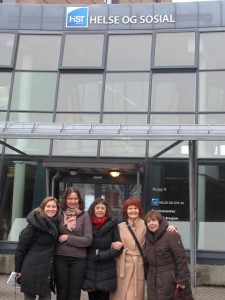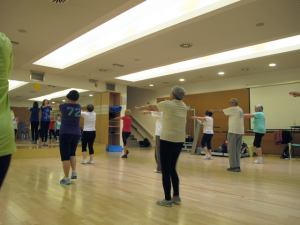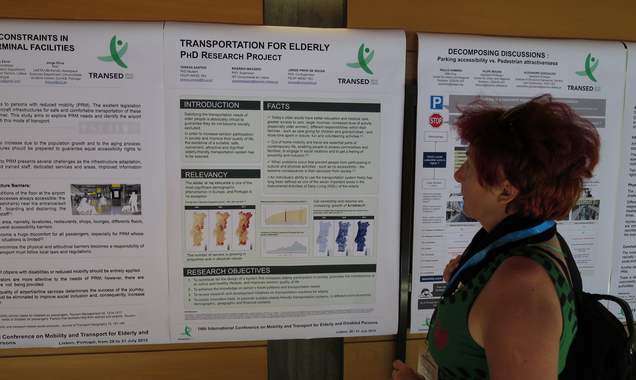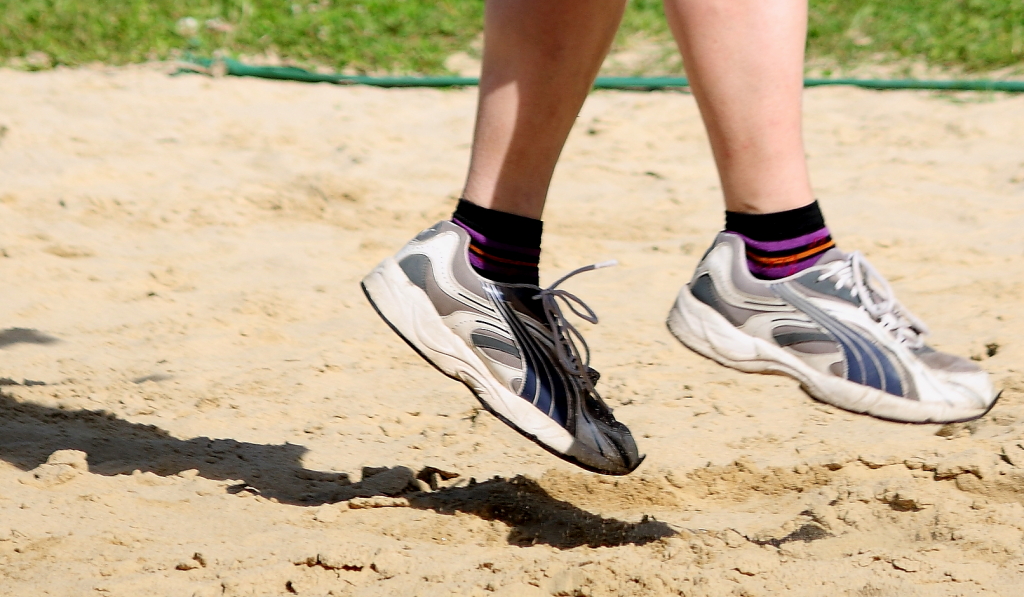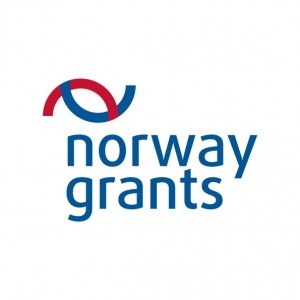The Summary of the first interim report
The first interim report on the progress of the project of Co-creation of Help for Families in the Community was submitted on 30.6.2015. A short summary of the report is given below.
Between 16.2. and 30.4. our work was based on regular co-operation of the project group members and regular contacts between the applicant and the partners with the intention of planning our work on the project and the simultaneous evaluation of its progress. A web page was set up to inform the public about the project.
In March, three workers from the Faculty of Social Work paid a working visit to our project partner in Norway to become acquainted with their education programmes and good practices in social work with the family. A draft model of work with families in the community was complemented and upgraded through the help of the project group of the Faculty of Social Work and both partners, achieving the planned target value. The draft was published on the web page.
The first contact with the families was made; during this perod 28 families participated in the project. Individual working projects of help were established with most of the families. Six families decided on early termination of participation, because they either no longer wished to participate in the project or did not feel the need to continue their work.
The students tested the pre-designed draft model of work with families in the community within the continued collaboration. Throughout the 1st reporting period, materials of the work process were being collected. By 30 April, 212 students’ records of the process of work were collected, which were regularly provided with feedback information from 4 experts from the Faculty of Social Work (FSW). This activity has continued during the 2nd reporting period.
The four experts from the FSW regularly held supervising and individual meetings with students who worked with families and, together, looked for possible ways to continue the social work with the families.
In April, 2 experts from Norway carried out a 3-day education programme for the students working on the project and presented the Motivational interview and Interaction model by L. Shulman.
An exercise group for elderly people was formed at the Faculty of Health Sciences with the aim to improve their balance and enable their mobility in the urban environment. The exercise programme was formed and 18 exercise classes were carried out. Based on theoretical grounding and past experience, the draft workout model was set up. The model is based on a circular workout as the work method. Practical feasibility and the set-up of the circular workout is regularly analysed and adapted. Students of physiotherapy and occupational therapy participated in the carrying out of the exercises. A questionnaire on mobility for the elderly users of city transport was translated, adapted and piloted. Besides the official web page providing information on the project, a second web page was created within the Biomechanical Laboratory of the Faculty of Health Sciences, which also provides information on the project.
At the Faculty of Sport, a model of exercising for inactive adults with low SES was developed that we called ‘Moving for the will and the will to move’ (‘Gibanje za voljo in volja za gibanje – GiVo’). The aims of exercising included increasing muscle mass, aerobic capacities, active mobility and balance. Psychological intervention is an important part of the GiVo workout model, i.e. the encouragement of motivation to change of lifestyle towards more frequent physical activity. Exercise started on 17. 3. 2015, encompassing a period of 7 weeks until the end of the reporting period. Before the exercise started, recruitment of participants presented considerable problems, which is why they were also recruited through the Ljubljana-Vič Centre for Social Work and various humanitarian organisations (Red Cross, Slovenian Caritas, Anina zvezdica). Twenty inactive adults from families with low SES entered the exercise. At the Faculty of Sport, collecting of sports equipment for charity was organised by our experts helping the participants who did not have the necessary equipment. Two series’ of lectures were delivered to students. The first referred to psychological aspects of this intervention, and the second to movement aspects of the workout model that was developed (a total of 20 hours of lectures). During the project, the experts from the Faculty of Sport held regular meetings with the students leading the exercising. The work goes on in the form of immediate supervision during exercising, with at least one expert, but most often two or three of them present at each workout class. Seven students are involved in the GiVo project. To ensure the continuity of work with people who participate in exercising, 3 students run afternoon exercises, and 4 of them run morning exercises.
